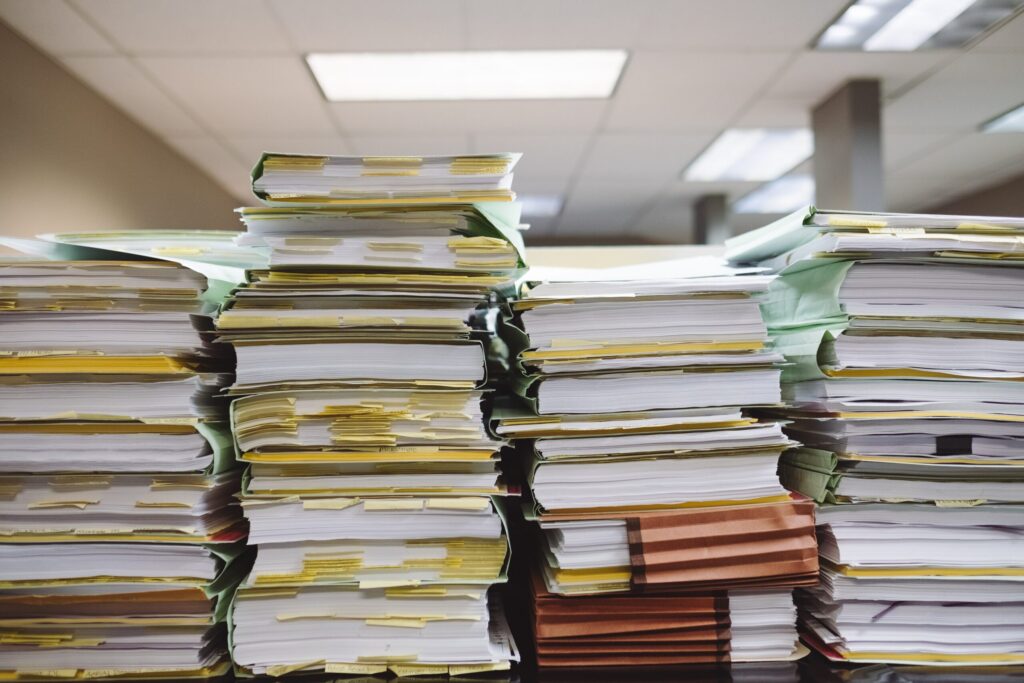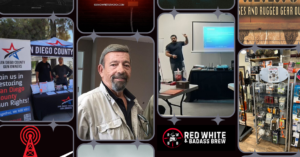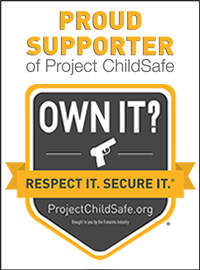Second Amendment activists have long opposed any form of registration under the premise that it opens the door for more egregious infringement on the right to keep and bear arms, up to and including outright confiscation. Gun confiscation in other countries has relied on existing registration schemes to tell authorities which homes to target. Gun control supporters usually brush aside these legitimate concerns with platitudes like “no one wants to take your guns,” despite the preponderance of historical evidence suggesting the opposite.
Recently, the security risks associated with registration schemes have made international headlines. This July, New Zealand’s Firearms Safety Authority came under fire for revealing the full names and email addresses of 147 registered gun owners in a group email. Just last year, Auckland police left behind files containing records on hundreds of registered gun owners in an abandoned former police station. Thieves broke into the building, described as “dilapidated and disused,” and made off with more than 400 files and a cache of police equipment. Authorities didn’t even realize there was a problem until they ran across the files while searching a house as part of a completely unrelated investigation. Three years before, the Deputy Commissioner of Police publicly admitted that the website New Zealand’s government used for its mandatory firearm forfeiture program revealed personal information—names, addresses, dates of birth, firearm license numbers, and even bank account details—of licensed firearm owners.
It’s clear that New Zealand, a country of scarcely 5 million people, can’t keep its citizens’ personal information secure, but what does that mean for us in the United States? Nothing good. One month ago, notorious gun control lobbying organization Everytown for Gun Safety published an interactive map on its website showing the names and addresses of every licensed firearm dealer in the United States. To be fair, this information is already a matter of public record, but it normally requires some time and effort to find, and Everytown isn’t trying to help gun owners find dealers to facilitate transfers. They freely admit that their intent is to reveal the locations of home-based FFLs, not just retail stores. In effect, that website now contains an interactive “shopping list” for criminals to know which houses to break into to steal firearms. The only thing stopping Everytown from publishing the names and addresses of every gun owner in the country is the lack of a federal licensing or registration system for private owners.
The stated intent of firearm licensing and registration schemes is to prevent trafficking and theft, but some of its biggest advocates have used existing registration systems to achieve the exact opposite effect. These systems cannot physically prevent the trafficking of firearms to criminals, which is already illegal; they can only provide tracing information, which is already available in the form of the transaction records dealers are required to keep. What registration schemes actually do, and will always do, is place the affected people at risk.
This article was originally posted on from San Diego County Gun Owners










